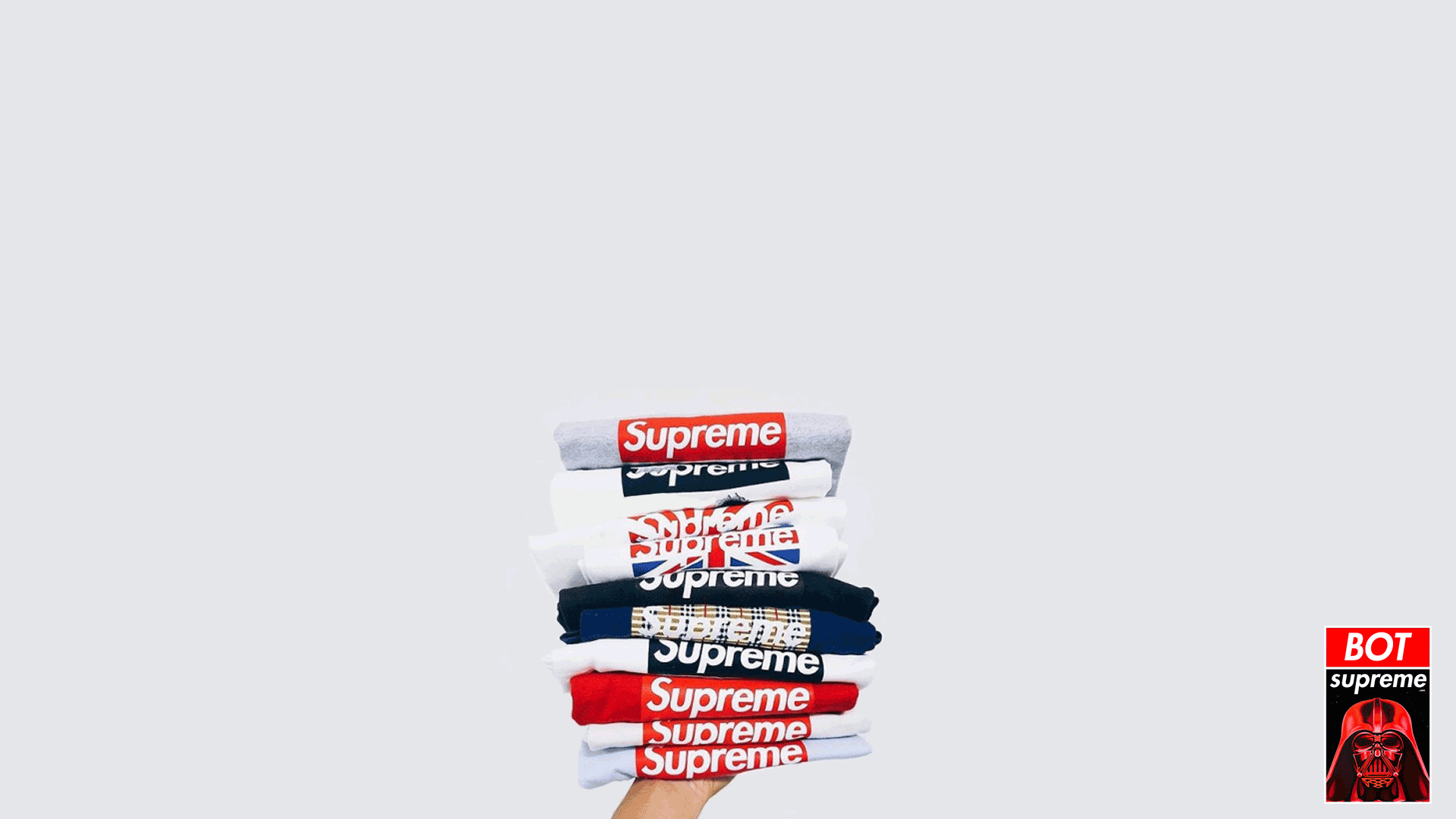

Any firm invested in companies like Boeing or Lockheed Martin could field the same criticisms faced by Carlyle, after all.įans buying and wearing the Supreme x Louis Vuitton collaboration in June, 2017. “A better question might be, is it immoral to invest in aerospace technology when it’s inevitable that some of that money may go to legitimate defense efforts, and some of it may go to bad guys?” Schwed says. “This line of thinking could be extended infinitely,” Schwed cautions, pointing out that a good number of private equity firms, hedge funds, and brands have ties to not just the aerospace industry and its inevitable dovetailing with war, but other industries that could be perceived as net harmful: fast food, Big Pharma, and tobacco, to name a few.

Is buying products emblazoned with that (perhaps appropriately) blood-red box logo the equivalent of putting money in the pockets of people who might profit from war? If Supreme’s financial entanglements-however remote they might be-with defense contractors and Middle Eastern autocracies don’t qualify as downright evil, they at least raise some stomach-churning moral questions about the interconnectedness of global industry. Supreme goods on display before a May 2018 auction in Paris, France. If we look at a defense company like BAE as Supreme-and the Eurofighter Typhoon as its box-logo hoodie-the Kingdom of Saudi Arabia has been lined up to cop for more than three decades. He posits Carlyle’s origins in Washington, D.C., may have had something to do with its early willingness to make investments in aerospace and defense. “Most private equity firms lacked the insight into how those purchasing decisions were being made, as these decisions often involved a political dimension,” Schwed says. “They were investing in aerospace when the industry was not yet popular with other private equity firms,” he tells Esquire, explaining that, historically, private equity has been hesitant to do business in aerospace and defense because of something called “customer concentration risk.” This occurs when a relatively small group of customers, such as governments, are making large purchases (for, say, combat aircraft), potentially effecting the whole health of a company. Stern School of Business, investments in the aerospace sector have been par for the course with the Carlyle Group for years. In July of this year, WESCO’s aircraft division renewed a multi-year agreement with BAE to continue providing supply-chain support for the latter’s manufacture of the Eurofighter Typhoon, one of the world’s most advanced combat aircraft.Īccording to Gustavo Schwed, a professor of management practice at New York University’s Leonard N. WESCO maintains a contract with London-based BAE Systems, which, apart from being a complete waste of good branding for a dating app, is the largest defense and security contractor in Europe. In his trademark style of wide-eyed, manic-grinning indignation, Minhaj masterfully mapped out the Carlyle Group’s spiderweb of morally-questionable investment relationships-most notably, a 23 percent stake in the American electronic hardware distributor WESCO International, formerly a part of the Pittsburgh-based manufacturing colossus Westinghouse.

This valued Supreme at around $1 billion overall-an eye-popping number for a brand with only 11 brick-and-mortar retail locations worldwide. The Carlyle Group purchased a 50 percent stake in the business from founder James Jebbia in 2017 for a whopping $500 million.


 0 kommentar(er)
0 kommentar(er)
